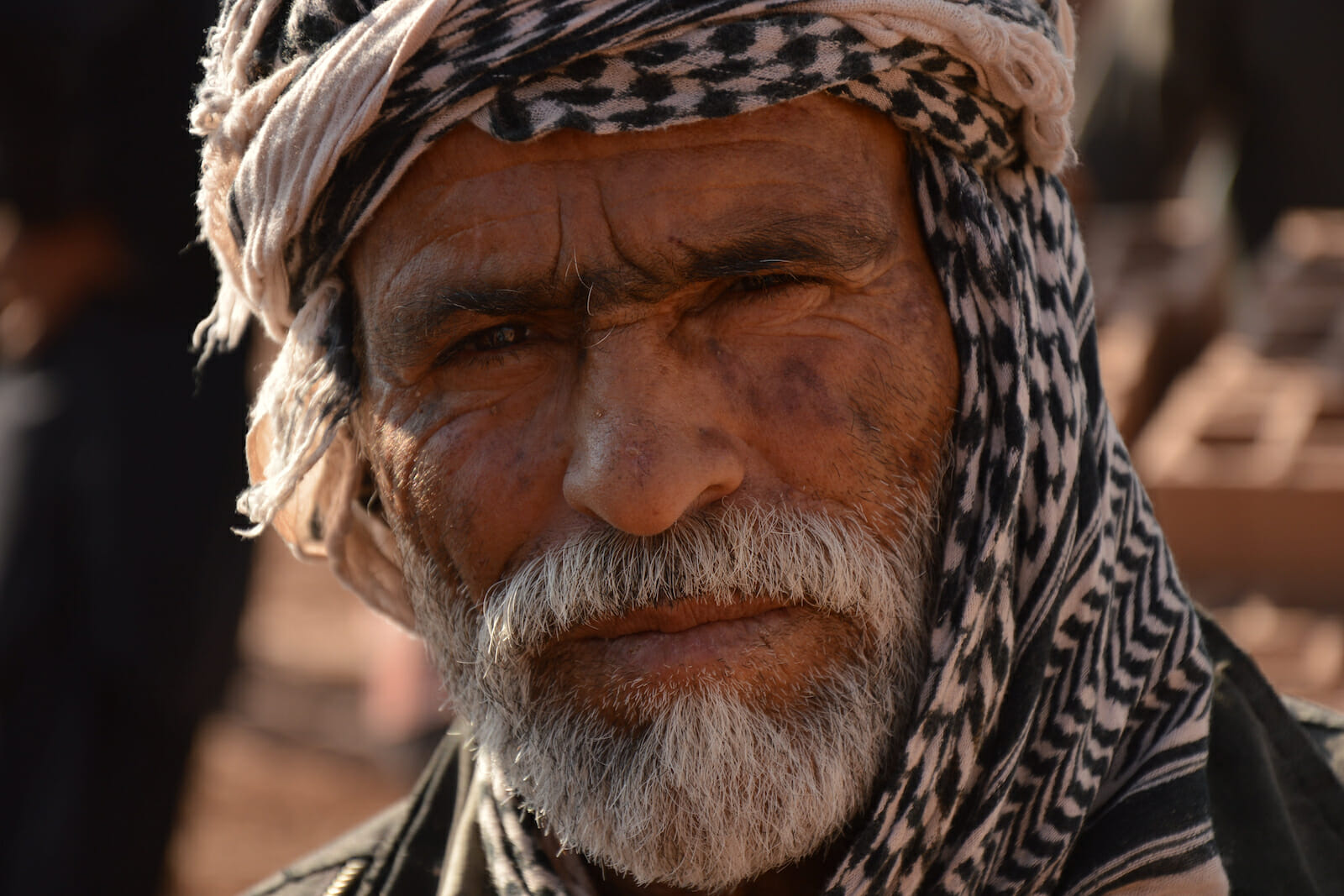
World Refugee Day: COVID-19 and the Threat it Poses to Refugees and IDPs
As the world slowly emerges from its long isolation under mandated stay-at-home orders, the COVID-19 pandemic is far from abating and public health experts continue to urge citizens to use an abundance of caution when venturing outdoors. There is one segment of the global population that cannot take the necessary steps to protect themselves: refugees and internally displaced persons (IDPs).
Each year, on June 20th, the United Nations and the world comes together to recognize the plight of the world’s refugees through World Refugee Day. This day was instituted in 2000. The theme for 2020 is Every Action Counts. This year the day takes on added significance with the world in the middle of the COVID-19 pandemic.
The year’s theme centers upon the fact that each of us in our own place in the world can make a difference in the battle for a “…more inclusive and equal world: a world where no one is left behind.” The wave of recent protests highlights the need for raising awareness of those sectors of the population who feel marginalized and underrepresented in society.
Refugees have been deemed the most vulnerable group of people in the world. In 1951, the Refugee Convention and its accompanying protocol from 1967 were enacted to protect the fundamental rights of refugees. The key point to note is the principle of non-refoulement which states that a refugee should not be returned to a country where he or she deems their life or freedom to be threatened. The application of this principle does not apply to individuals who have been regarded as a security threat to the country of origin.
There is a myriad of reasons as to why people flee their homeland. It can be caused by drought, famine, natural disasters, or conflict. The United Nations High Commissioner for Refugees (UNHCR) Filippo Grandi recently indicated that 80 million people have been forcibly displaced in 2020. The poorest countries in the world are those that host a disproportionate share of displaced persons.
The UNHCR noted that most refugees, approximately 73 percent, flee to neighboring countries dismissing the narrative that they look to move to wealthier nations. Seventy percent come from Syria, Venezuela, Afghanistan, South Sudan, and Myanmar, Mr. Grandi stated. Syrian refugees have been especially hard hit. Thousands of Syrians in Egypt, Iraq, Jordan, Lebanon, and Turkey require financial assistance as the economic downturn has caused many to lose their jobs.
Further exacerbating an already dire situation is the fact that the UNHCR is experiencing a shortage of funding to assist all those in need. Of note, Mr. Grandi remarked that “If crises in these countries were solved, 68 percent of global forced displacement would be on its way to being solved…”
The COVID-19 pandemic has exacerbated the refugee crisis. On Thursday, June 18th, the head of the UN refugee agency conveyed his concerns regarding the effects of the coronavirus pandemic on especially vulnerable regions of the world like the Sahel located in western and north-central Africa to Latin America. These regions face numerous issues at home forcing people to flee. As they move to safer areas, they must now face the austere measures put into place by governments worldwide.
The UNHCR chief added that the coronavirus would “…no doubt’ push more people into crisis.” He added that there is heightened concern that given “…the increased poverty of these populations…coupled with lack of solutions of conflict and in situations like the Sahel, with a deterioration of security – there’s no doubt it will increase population movements in the region but also beyond, towards Europe.” Furthermore, the greater tragedy of this crisis is that a large percentage of the affected, 30-34 million, are children.
The persistence of the coronavirus pandemic requiring countries to institute stringent policies such as social distancing and wearing of face coverings cannot be responsibly adhered to in refugee camps. These individuals simply are not afforded the opportunity to comply with such mandates. Camps are specifically vulnerable to its spread placing many more at risk.
If the world seeks to have a “more inclusive and equal word,” it is incumbent upon the international community to find solutions to the underlying causes as to why people must leave their homeland. However, in the interim, refugees and IDPs must be cared for and, further, the UNHCR should be provided the funds it needs to adequately address their needs now.
